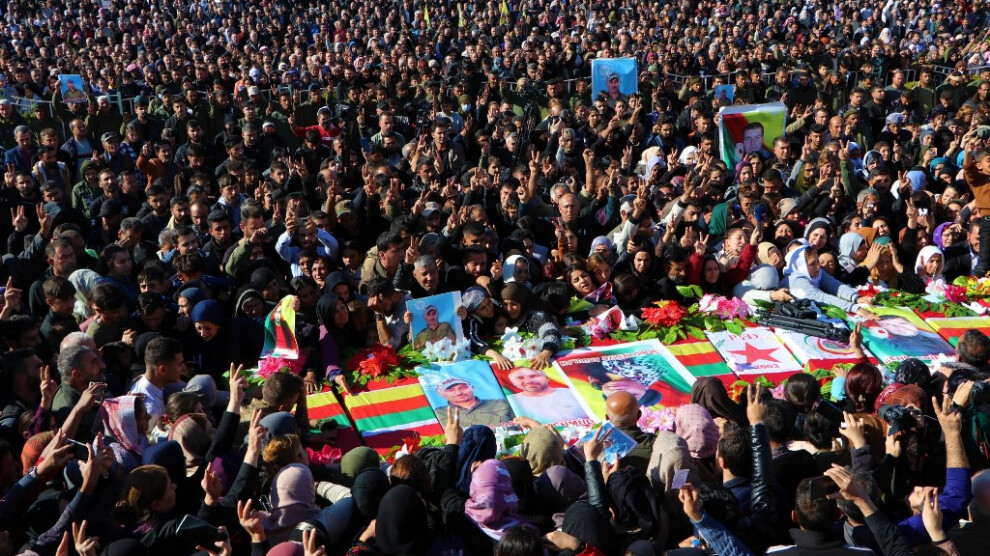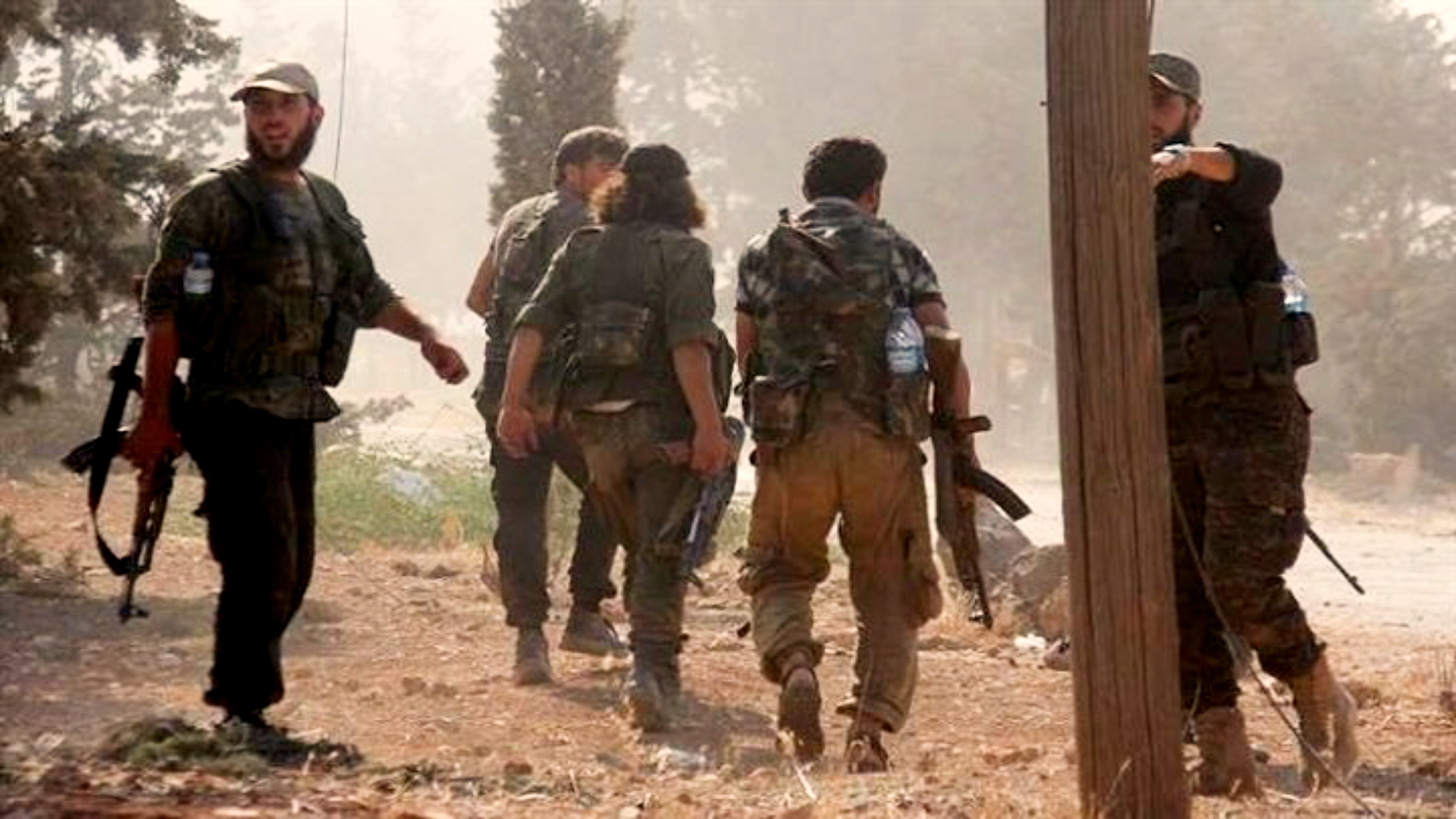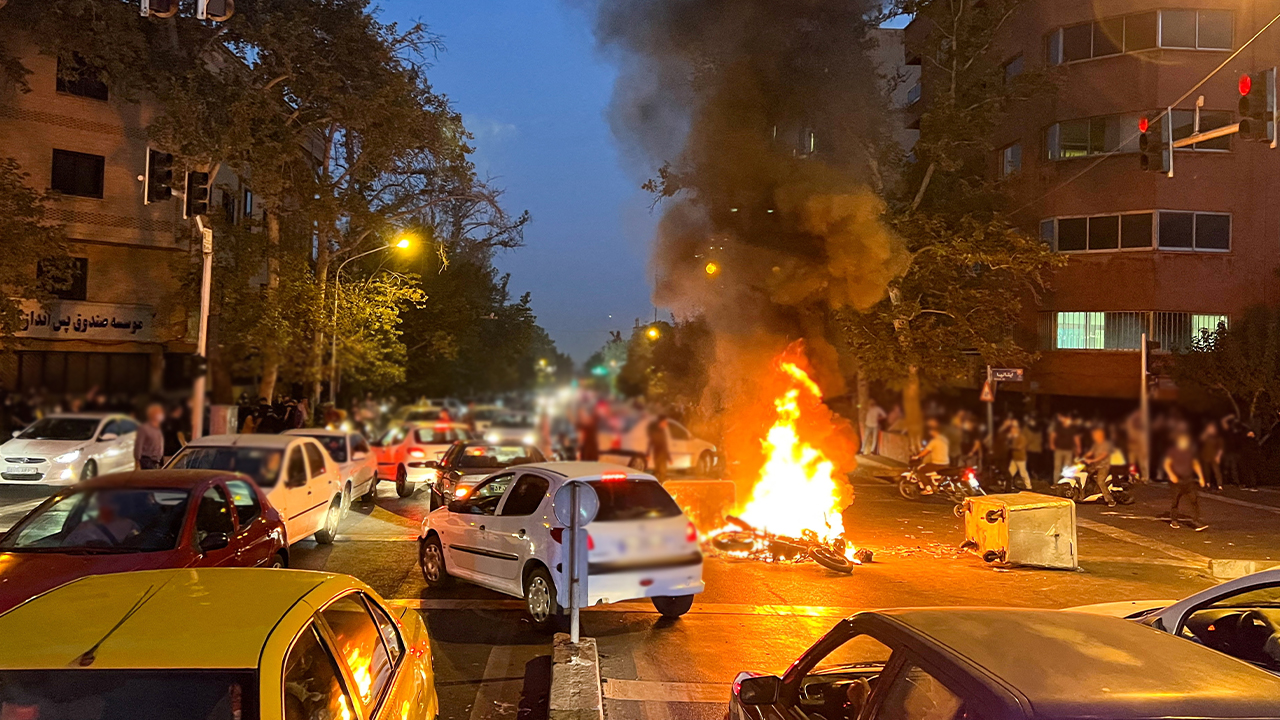Michael M. Gunter
Not only Rojava (Western or Syrian Kurdistan), but also Bashur (Northern or Iraqi Kurdistan), recently faced an assault from their inveterate enemies Turkey and Iran, deploying airborne air missiles and drones. The United States stood by idly – while, ironically, continuing its vigorous support for Ukraine in the face of Russian aggression, providing sophisticated weapons and billions of dollars in aid. The fact the NATO alliance still includes both the U.S. and Turkey as allies explains U.S. inaction against Turkey alongside its continued backing of Ukraine. Understandably, the U.S. still values its NATO military ties with Turkey, who possess the second-largest military in the NATO alliance. In well over its head in Ukraine, Russia too gave the green light, by default, to these twin attacks on Kurdistan. Nevertheless, both of the two attacks against Kurdistan – as well as the continuing war against Ukraine – are blatant violations of the United Nations Charter and International Law.

The Turkish attack on Rojava on 19 November, dubbed Operation Claw-Sword, was reportedly launched in retaliation for the earlier 13 November bomb attack on Istanbul’s sleek shopping district Istiklal Street, which killed six people and wounded at least 80 more. Although it made no sense for the Kurds to attack Istanbul and thus invite a new round of Turkish violence, Turkey quickly blamed the Kurdistan Workers’ Party (PKK) and the People’s Protection Units (YPG) and Syrian Democratic Forces (SDF) in Rojava for the atrocity despite these organisations’ quick denial. Turkish air attacks struck dozens of targets along the long Syrian border including, among others, the towns of Tal Rifaat, Manbij, and Kobane, the latter famous for its heroic stand against ISIS late in 2014. This resistance was conducted with U.S. air support – assistance that Turkey, at the time, notoriously tried to deny. Eleven Kurdish civilians were killed by the latest Turkish air strikes, and many more military personnel also met their deaths.
On November 22, Turkey escalated these air strikes by hitting a joint military base in the city of Hasakah, shared by Kurdish-led SDF and the few – but strategically important – troops the United States still maintains in that war-torn land. At least two Kurds were killed by this strike, but no U.S. casualties were reported. In 2018, Turkish president Recep Tayyip Erdogan had threatened the U.S. with an “Ottoman slap” if it continued what he considered U.S. support for Syrian Kurdish terrorists. This time the Turkish president strongly suggested that he was ready to follow up his latest air attack with a large ground assault. Given that Turkey has already struck three times across the border with ground troops since 2016 and already occupies territories such as Afrin (also known as Kurd Dagh or the Kurdish Mountain), he should not be ignored out of hand. The danger of disastrous miscalculations that could lead to Turkish clashes with the U.S. must also be taken into account

Furthermore, Turkish ground troops have already been fighting against the PKK in Bashur since April of this year. What is more, many credible reports claim that the Turks have been using internationally-banned chemical weapons during their forays into the region. Erdogan has partially justified his illegal military actions by condemning the United States for supporting the Kurds in Syria. At the same time, he has faulted Russia, which controls the airspace over much of northern Syria, for not implementing a promise made in 2019 to clear the area of the Syrian Kurds Turkey claims are terrorists. This is despite the fact that neither the United States nor the European Union, nor indeed Russia, accept this designation.
Although there is no credible evidence about who perpetrated the bombing in Istanbul that ignited these latest attacks, it might be speculated that some rogue Turkish element carried out a false flag operation to win support for Erdogan’s upcoming reelection campaign next June. Another possibility is a reportedly rogue PKK element such as the so-called Kurdistan Falcons or Hawks, blamed in the past for similar violent atrocities. Given the dismal state of the Turkish economy, racked by inflation rates approaching 100%, Erdogan obviously finds the Kurds a convenient scapegoat when seeking to rally flagging domestic support. Of course, there might be yet another explanation, such as some jihadist group, for the Istanbul bombing.

However, Syria is not the only place Kurdistan is now under attack and Turkey is not the only perpetrator. Iran has been wracked by domestic demonstrations that have resulted in the deaths of several hundred people throughout the country since the death on 16 September of the young Kurdish woman Jina or Mahsa Amini, beaten to death in police custody for not wearing her hijab correctly. Instead of honestly examining its own failed policies, Iran has deflected blame onto the dissident Iranian Kurdish groups being sheltered in the Kurdistan Region of Iraq (KRI) for somehow sponsoring this deadly unrest that even might threaten the future of the Islamic Republic.
Thus, on November 21, Iran launched deadly air attacks against numerous targets in the KRI and has even threatened a ground attack if Iraq does not prevent Iranian Kurdish dissidents and other reputed foreign enemies from conducting alleged operations against Iran. The Iranian football team’s silence during the singing of their national anthem in its first World Cup game on 21 November cannot be a favorable sign for the Islamic Republic’s future. These new Iranian attacks against Basur are taking place against the background of continuing Turkish attacks against the region since April 2022, as mentioned above.
Meanwhile, the midterm elections in the United States paradoxically both strengthened and weakened U.S. president Joseph Biden’s hand in all this. The midterm elections reinforced Biden’s hand by returning better than expected results for his Democratic Party, which even allowed it to hold on to the Senate, which constitutes half of the powerful U.S. Congress. In addition, Biden’s party suffered less reversals than expected in the other half of Congress, the House of Representatives. However, the minimum loses in the lower house of Congress proved enough to retire Nancy Pelosi, the influential female Speaker of the House. Kevin McCarthy, the opposition Republican Party leader, will probably become the new Speaker of the House in January. This will likely weaken Biden’s overall role in foreign affairs, particularly in financial matters which are famously a prerogative for the lower house. Since the opposition Republican Party has previously expressed its caution on continuing unabated foreign affairs expenses, the already limited willingness of the United States to check Turkish aggression in Rojava and Bashur is likely to further decline. What the United States calls “Divided Government” may also impact the U.S. president’s ability to counter Iran and Turkey to the degree he might otherwise choose.
Michael M. Gunter is a professor of political science at Tennessee Technological University[1] in Cookeville, Gunter has worked directly with top Kurdish and other Middle Eastern political leaders. He received the Kurdish Human Rights Watch’s “Service to the Kurds Award” in 1998.










